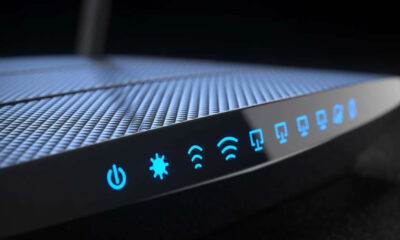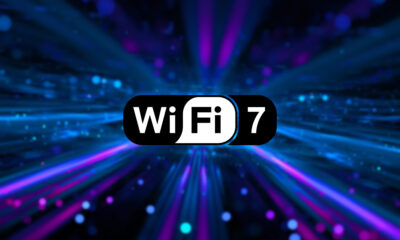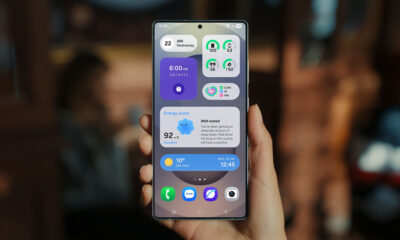News
TP-Link Unveils New Router Range Featuring Wi-Fi 7
The company’s latest generation of routers include the $700 Archer BE900 quad-band router and an upcoming gaming model known as the GE800.
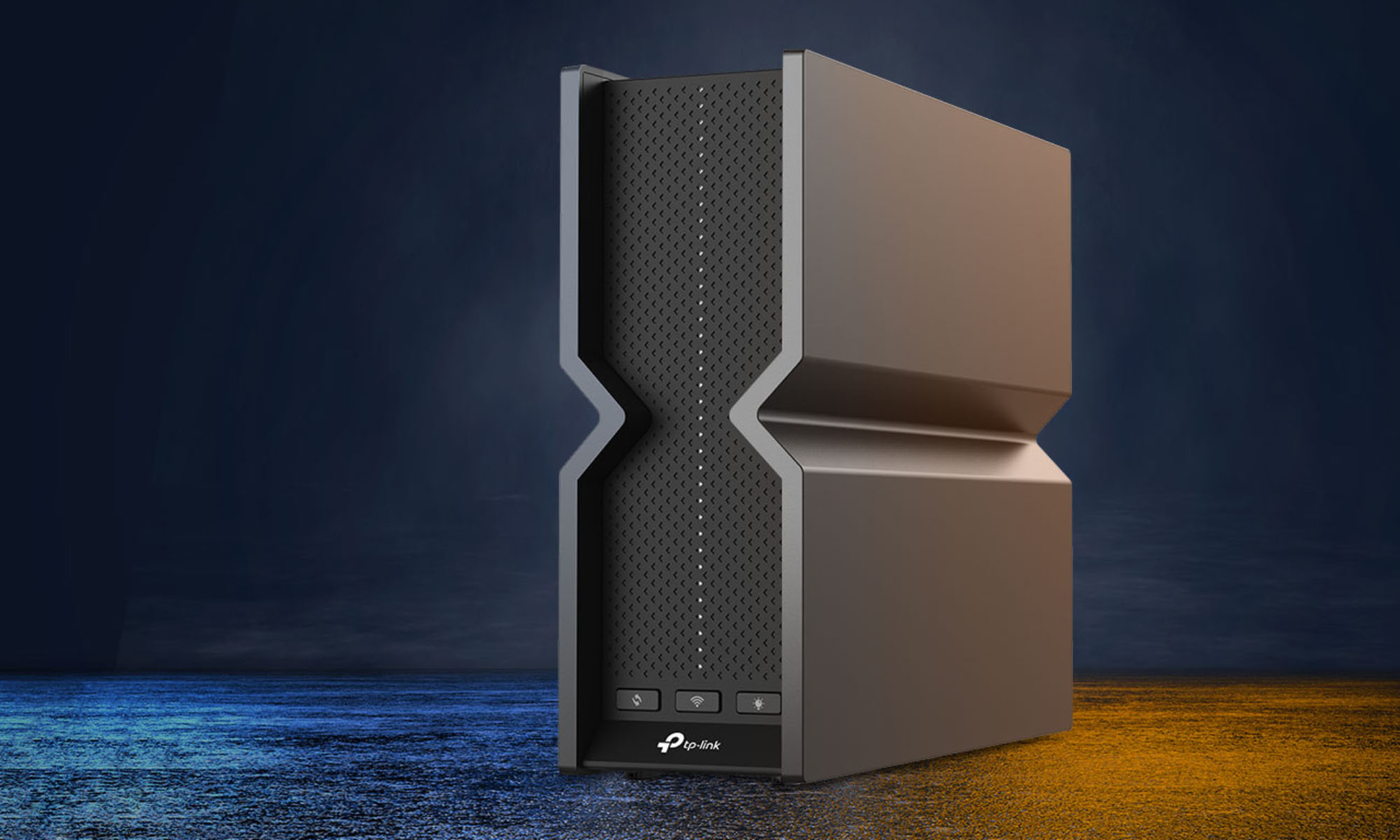
Despite most of us not having purchased our first Wi-Fi 6-enabled device, TP-Link has jumped the gun and released a range of Wi-Fi 7 routers based on the upcoming IEEE specification. The company is currently revamping its entire product line, including its flagship Archer router models, the Deco home mesh network devices, and its business-focused offerings.
Wi-Fi 7 offers faster speeds and reduced latency compared to previous iterations and allows devices to connect to two spectrums simultaneously (5Ghz and 6Ghz) using Multi-Link Operation (MLO). Like past generations, Wi-Fi 7 devices will be able to connect to older versions of the technology, but to enjoy the fastest speeds, you’ll need the same Wi-Fi 7 spec at each end.
Archer BE900
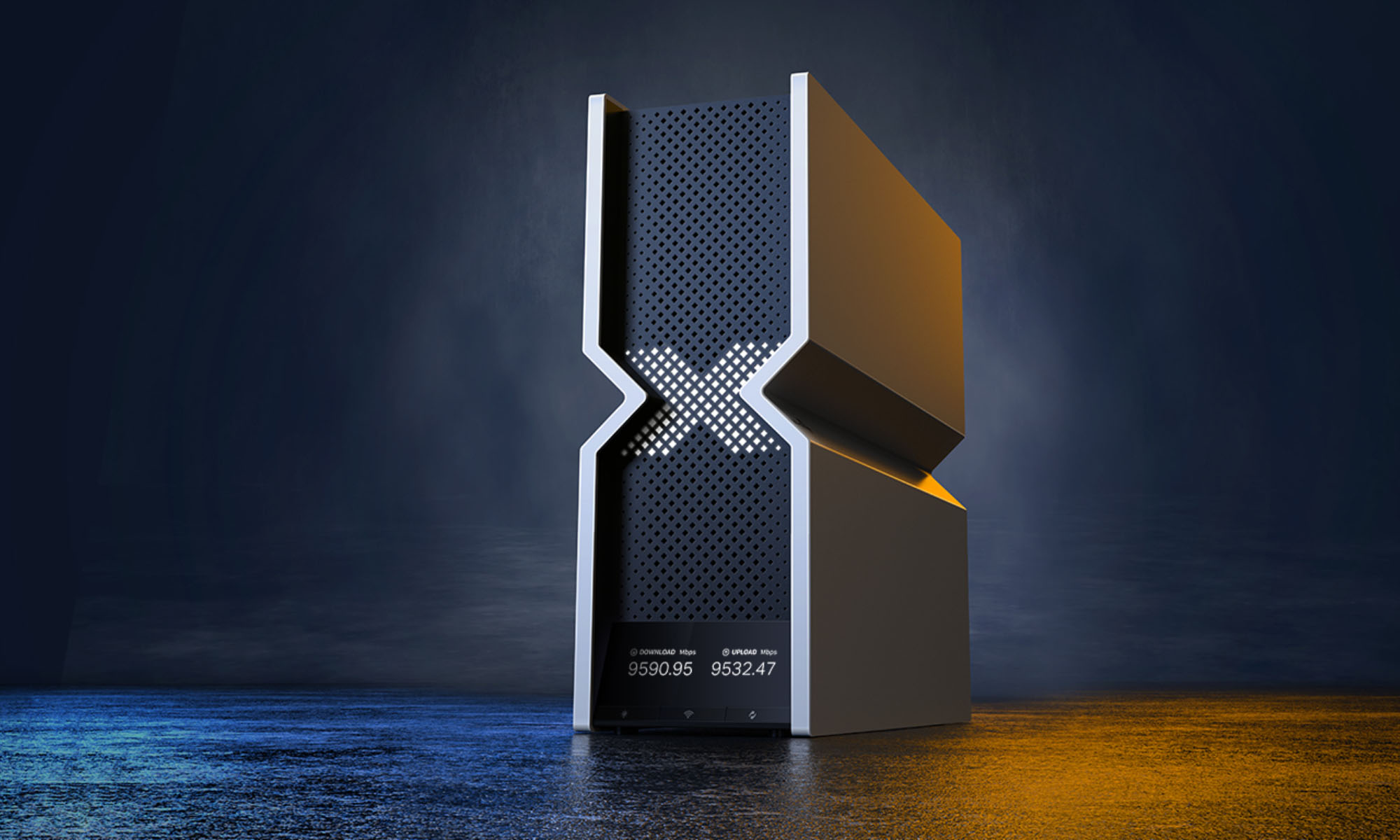
The first of the new TP-Link devices is the quad-band Archer BE900, which features a touchscreen that can show the time, weather, wireless stats, and emojis. OpenVPN is supported and a private IoT network for smart devices, with speeds of up to 24Gbps achievable — double that of the outgoing models.
As for connectivity, the BE900 offers an SFP+Fiber WAN option and an additional 10Gb WAN port, as well as four 2.5G ethernet ports. TP-Link says the BE900 “will be available for preorder starting December 31st and will ship in the first quarter of 2023, priced at $699.”
BE800 & BE550
Moving down the range, we find the new tri-band BE800 model, which can achieve 19Gbps wireless speeds and supports 10Gb internet services. The model retains the Archer BE900’s LED lights but ditches the touchscreen. Below that model sits the BE550, which features speeds of 9.3Gbps with 2.5Gbps ethernet ports. According to TP-Link, “Both these models are EasyMesh-capable and ready to create a wider-reaching home network.”
GE800
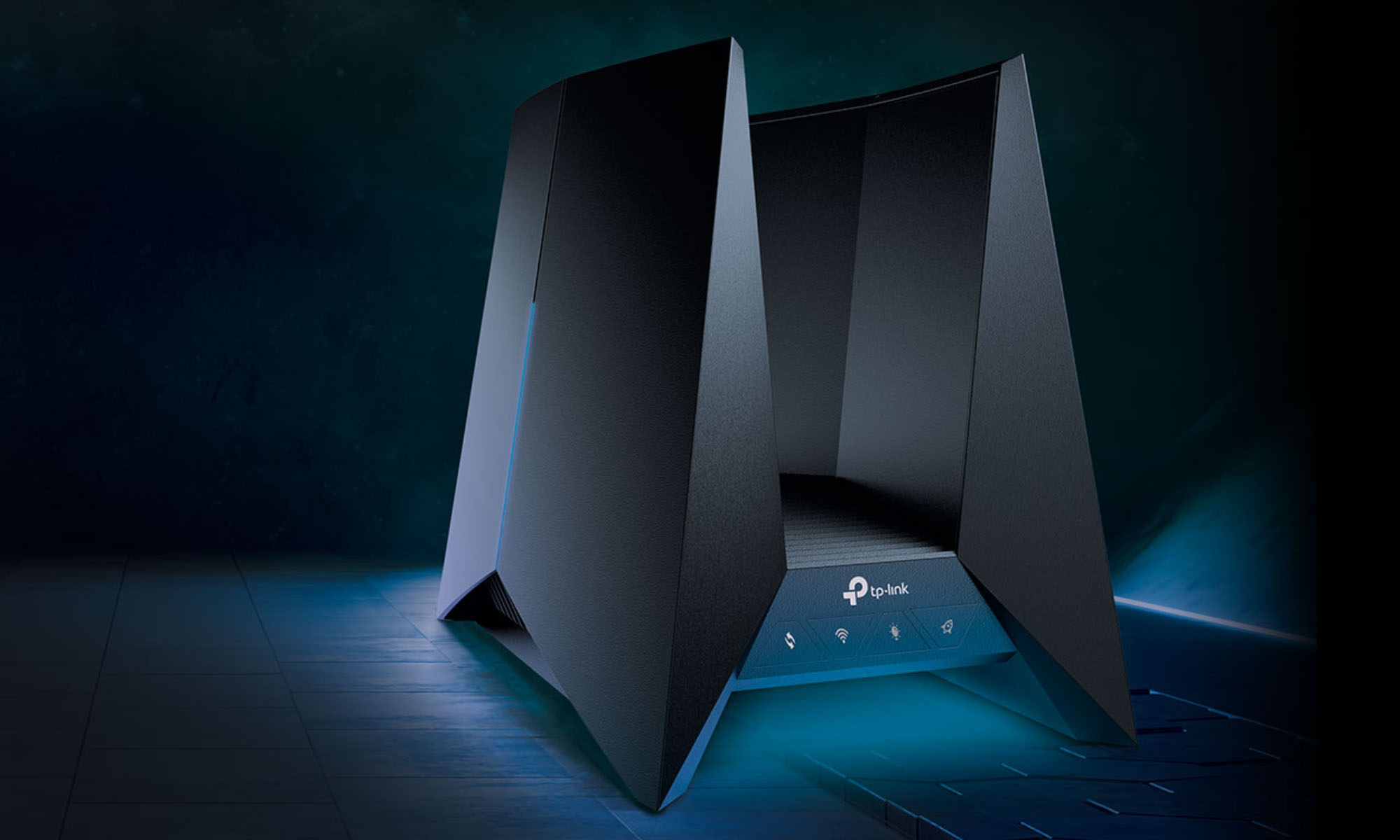
Gamers will likely be most interested in the tri-band Archer GE800 Gaming router, which features an app-powered Game Panel that can prioritize gaming traffic above other network data, and a dual-tower antenna design. The model supports 19Gbps Wi-Fi 7 speeds, with two 10Gb ethernet ports, two 2.5Gb ports, plus four gigabit ports. Pricing hasn’t yet been announced, but the router is expected to land in either Q1 or Q2 2023.
Deco BE95, BE85 & BE65
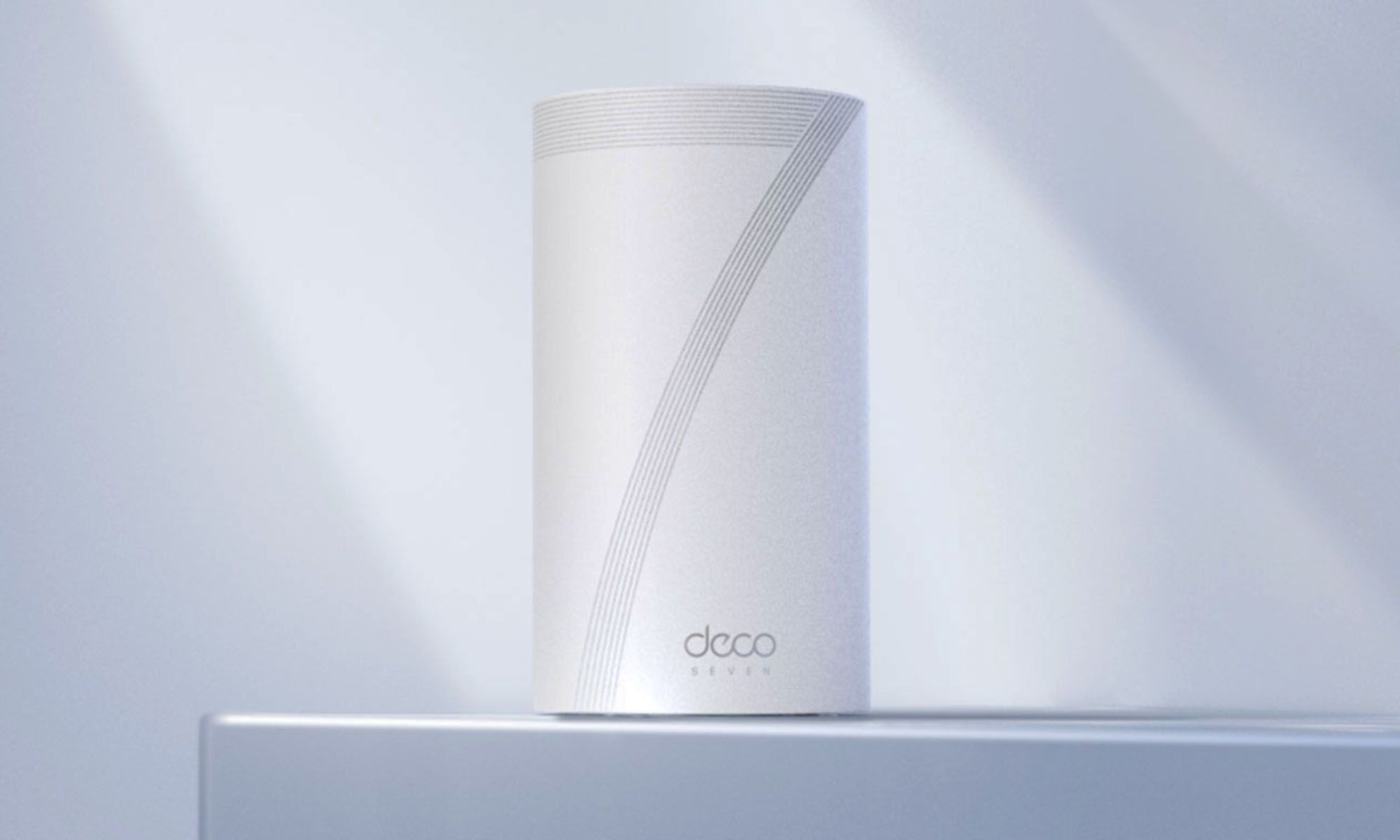
The new Deco range of home mesh routers has also been announced by TP-Link, with speeds ranging from 33Gbps to 11Gbps, and prices climbing all the way to $1,199.99 for the top model. The devices will be released sometime in Q1 or Q2 of 2023, with the company claiming that they will enable enthusiasts to create “the industry’s fastest mesh system.”
TP-Link has pulled out all the stops with this upcoming Wi-Fi 7 line of devices, even updating the tech in its new enterprise-based Omada access points and cellular 5G routers. If you’re an enthusiastic early adopter, you’ll only need to wait until early 2023 to experience a taste of the fastest Wi-Fi speeds out there.
News
Rabbit Expands Hyperlocal Delivery Service In Saudi Arabia
The e-commerce startup is aiming to tap into the Kingdom’s underdeveloped e-grocery sector with a tech-first, locally rooted strategy.

Rabbit, an Egyptian-born hyperlocal e-commerce startup, is expanding into the Saudi Arabian market, setting its sights on delivering 20 million items across major cities by 2026.
The company, founded in 2021, is already operational in the Kingdom, with its regional headquarters now open in Riyadh and an established network of strategically located fulfillment centers — commonly known as “dark stores” — across the capital.
The timing is strategic: Saudi Arabia’s online grocery transactions currently sit at 1.3%, notably behind the UAE (5.3%) and the United States (4.8%). With the Kingdom’s food and grocery market estimated at $60 billion, even a modest increase in online adoption could create a multi-billion-dollar opportunity.
Rabbit also sees a clear alignment between its business goals and Saudi Arabia’s Vision 2030, which aims to boost retail sector innovation, support small and medium-sized enterprises, attract foreign investment, and develop a robust digital economy.
The company’s e-commerce model is based on speed and efficiency. Delivery of anything from groceries and snacks to cosmetics and household staples is promised in 20 minutes or less, facilitated by a tightly optimized logistics system — a crucial component in a sector where profit margins and delivery expectations are razor-thin.
Despite the challenges, Rabbit has already found its stride in Egypt. In just over three years, the app has been used by 1.4 million customers to deliver more than 40 million items. Revenue has surged, growing more than eightfold in the past two years alone.
Also Read: Top E-Commerce Websites In The Middle East In 2025
CEO and Co-Founder Ahmad Yousry commented: “We are delighted to announce Rabbit’s expansion into the Kingdom. We pride ourselves on being a hyperlocal company, bringing our bleeding-edge tech and experience to transform the grocery shopping experience for Saudi households, and delivering the best products – especially local favorites, in just 20 minutes”.
The company’s growth strategy avoids the pitfalls of over-reliance on aggressive discounting. Instead, Rabbit leans on operational efficiency, customer retention, and smart scaling. The approach is paying off, having already attracted major investment from the likes of Lorax Capital Partners, Global Ventures, Raed Ventures, and Beltone Venture Capital, alongside earlier investors such as Global Founders Capital, Goodwater Capital, and Hub71.




